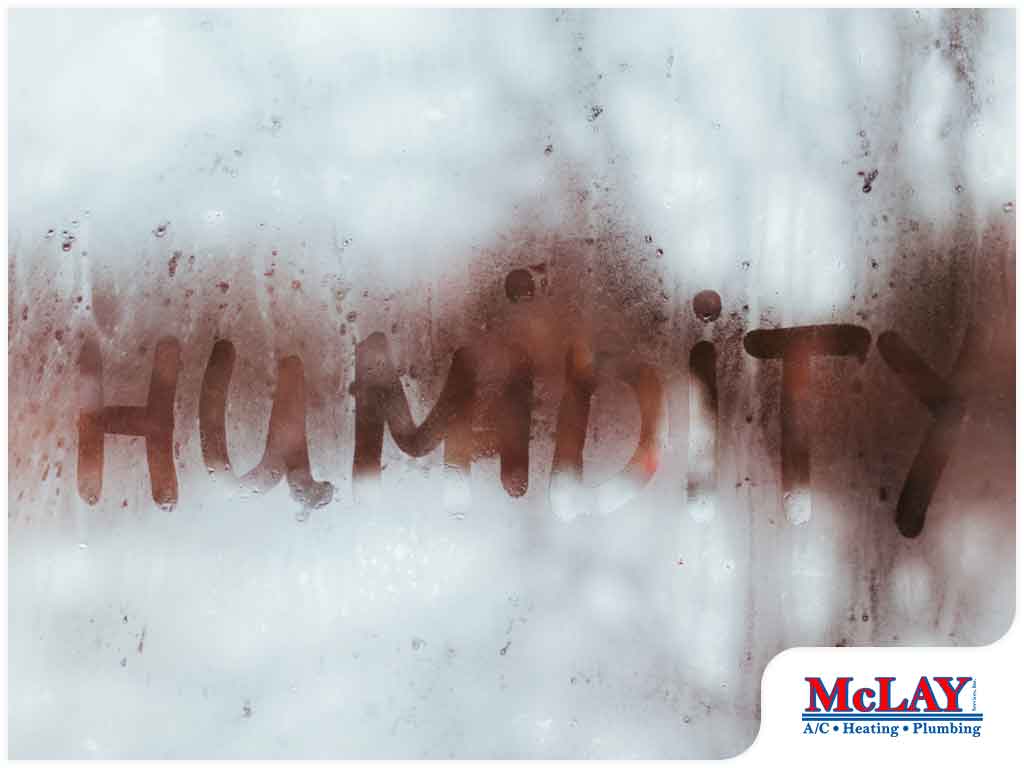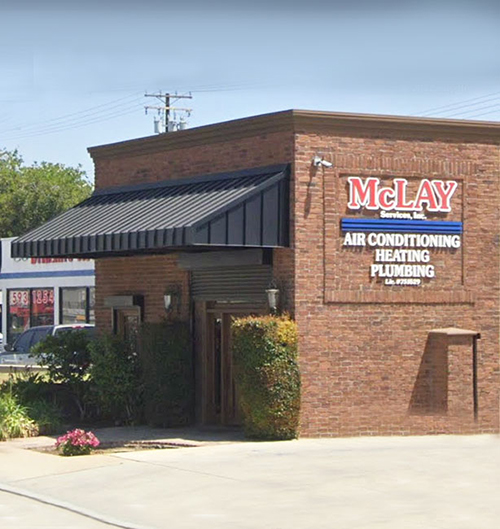Heating and cooling involves more than just blowing conditioned air into the living area. Relative indoor humidity is another factor, one that can affect HVAC system output. Your local HVAC and tankless water heater freeze protection contractor McLay discusses how humidity and how it relates to HVAC energy efficiency.
Relative Indoor Humidity
First, let’s examine how relative indoor humidity works. It helps to think of indoor vs. outdoor spaces as controlled and uncontrolled environments, respectively. As the latter’s humidity levels cannot be controlled, the outdoors dictate the conditions that we, as indoor dwellers, must adjust to. Ideal indoor humidity levels range between 35% and 50%, relative to outdoor temperatures ranging between 10 and 15 degrees. Indoor humidity is measured using a hygrometer.
This is important because the climate affects humidity levels. Take winter, for example: the air is mostly dry during this time. People suffer from chapped lips and irritated nostrils, as well as conditions related to dry skin such as dandruff and eczema. In contrast, summer can be very humid. Relative indoor humidity, uncontrolled, can be as high as 55%. In these conditions, homeowners are more likely to call for HVAC contractors and plumbers because of the pervasive “sticky” or “stuffy” air.
How Humidity Affects HVAC Systems
Humidity is moisture in the air, and therefore it can be heated and cooled. This is why some days in summer feel hotter than it actually is: you’re surrounded by heated moisture droplets. Since air conditioners are natural dehumidifiers, an extremely humid home will require a lot of cold air—therefore higher cooling costs—to maintain a comfortable indoor space. If, despite the air conditioner, your home still feels damp, you may need to have a dehumidifier installed.
Humid indoor spaces during winter can also happen, which results in damp sheets and condensation on the windows. It can also result in mold growth. Relative indoor humidity must be balanced during winter, which is why your home may also need a humidifier.
Call McLay for Your HVAC Needs
McLay is your leading provider of HVAC services, including outdoor tankless water heater freeze protection. Give us a call at (909) 392-2202 or fill out our contact form. We serve customers in San Bernardino and nearby areas.



